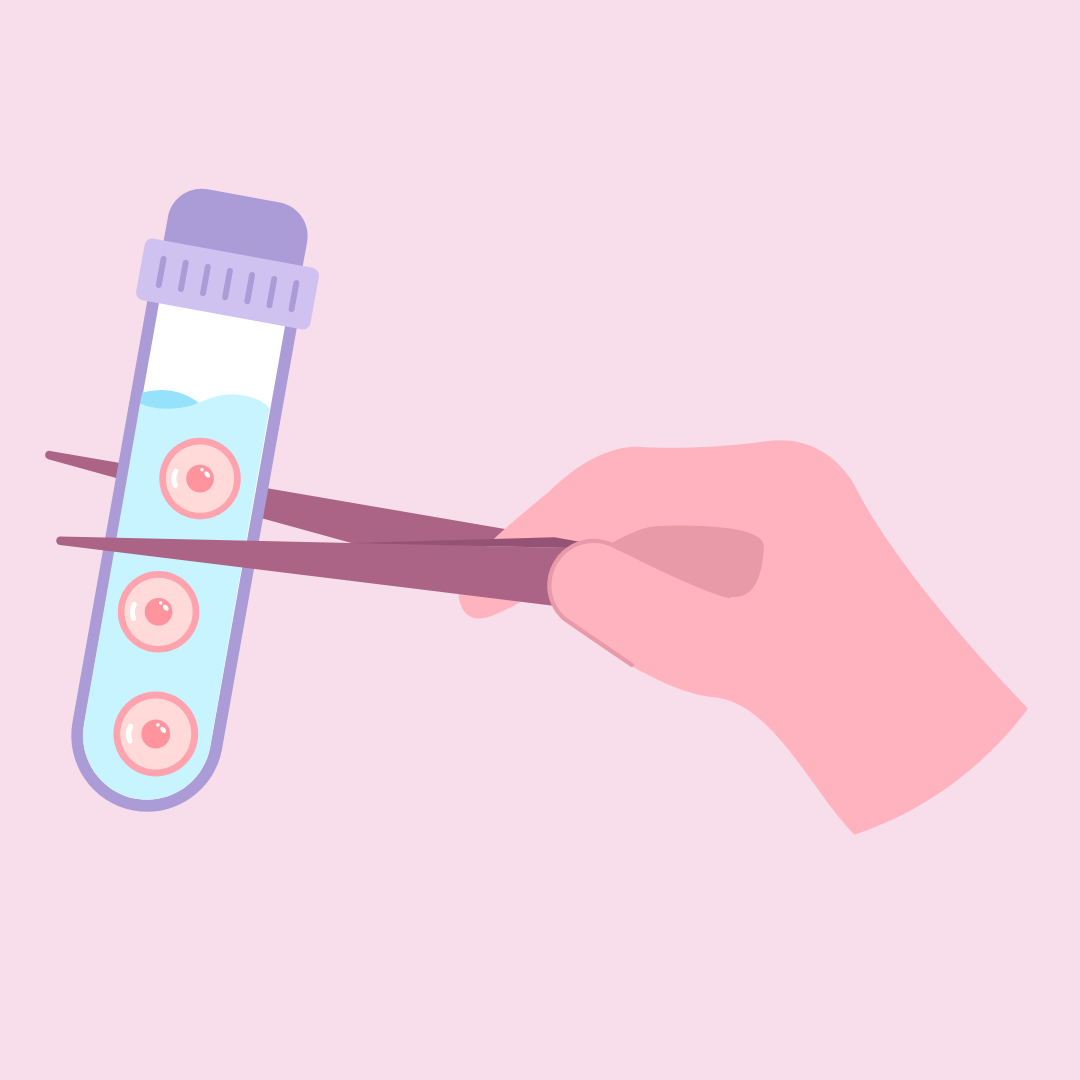Egg Donation: A Victory for Reproductive Justice or Another Handmaid’s Tale?
By Chantal Bittner,
Bill of Health
| 02. 04. 2025
Before the United States election in 2024, Margaret Atwood shared a cartoon illustrating the handmaids from her dystopian novel entering a polling booth in their unmistakable red cloaks and white bonnets. Having voted, they transform into unique individuals, discarding the attire symbolizing their reproductive enslavement.
One of the central topics of the election campaign was undoubtedly abortion—a key issue in the fight for reproductive justice. However, reproductive justice encompasses far more than abortion. The egg donation industry has expanded into a multi-billion dollar market. While altruism frequently frames their actions, financial incentives are central to attracting many young women to donate—really, sell—their eggs. Upon closer examination, egg donors play a subordinate role despite being essential for the market to function. This post explores the egg market in the U.S. and Europe, shedding light on its implications for the reproductive rights of third parties involved in the process.
The U.S.: A free market model
In the U.S., egg donation operates as an unregulated free market. Compensation varies widely, reaching up to $250,000 in exceptional cases, with an average payment of approximately $7,000. Efforts by the American Society for Reproductive Medicine (ASRM) to regulate this market through guidelines capping payments failed: ASRM attempted to limit donor remuneration to $10,000. However, two donors sued ASRM, claiming the guidelines violated U.S. antitrust laws by constituting price-fixing. In 2015...
Related Articles
By Katherine Long, Ben Foldy, and Lingling Wei, The Wall Street Journal | 12.13.2025
Inside a closed Los Angeles courtroom, something wasn’t right.
Clerks working for family court Judge Amy Pellman were reviewing routine surrogacy petitions when they spotted an unusual pattern: the same name, again and again.
A Chinese billionaire was seeking parental...
By Sarah A. Topol, The New York Times Magazine | 12.14.2025
The women in House 3 rarely had a chance to speak to the women in House 5, but when they did, the things they heard scared them. They didn’t actually know where House 5 was, only that it was huge...
By Sarah Kliff, The New York Times | 12.10.2025
Micah Nerio had known since his early 30s that he wanted to be a father, even if he did not have a partner. He spent a decade saving up to pursue surrogacy, an expensive process where he would create embryos...
By Carter Sherman, The Guardian | 12.08.2025
A huge defense policy bill, revealed by US lawmakers on Sunday, does not include a provision that would have provided broad healthcare coverage for in vitro fertilization (IVF) for active-duty members of the military, despite Donald Trump’s pledge...




